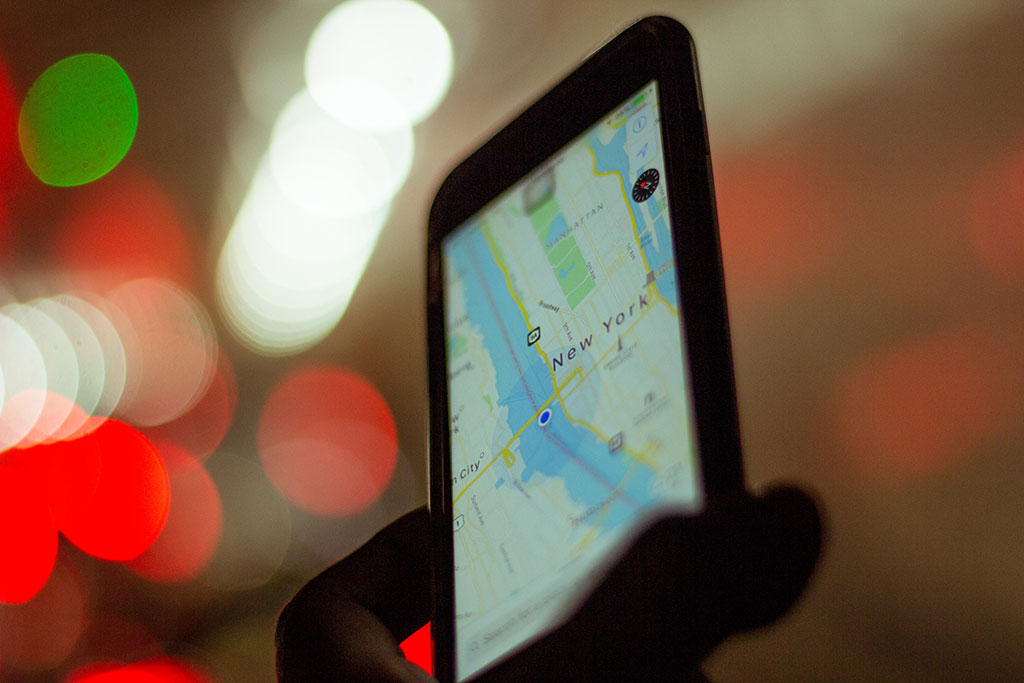Travelling can be a breeze, or a nightmare, especially if you travel alone. It’s the small tips and tricks you pick up along the way that can make all the difference. In fact, travelling by yourself can be immensely rewarding and liberating, if you do it right. Here are some hacks to help you get the best out of your solo travel adventure.
Do research
Research never hurts. Especially if it’s a country you have never been to before, take the time to read up before you go. It will be good to know what’s worth seeing, what local food is recommended, what areas are popular and how practical things like transport work. Getting there but not knowing anything about the country might make it difficult to get around, or worse yet, being uninformed could lead you to cause offence by saying or doing something inappropriate.
Be safe
When you are out by yourself, take extra caution. It’s easy to spot a tourist, so don’t end up a victim of crime. Only stay in legitimate accommodation, keep your valuables in a safe and don’t carry large sums of cash on you. If you do get to know new people (hopefully you do!) don’t trust them with personal information such as what your budget is and don’t go to their homes, even if they seem great. Make yourself aware of common scams or exploitative practices, like certain taxis or street vendors. It’s a good idea to take out travel insurance too, especially if you are planning on doing adventure sports. Always let friends or family know where you are and check in with them regularly.
Also read: A hiker’s guide to keeping safe on Table Mountain
Use travel apps

Technology is your friend. In recent years, many new apps have been developed to make travelling easy and convenient. This can help with things from booking flights, activities and accommodation to translating foreign languages and meeting up with fellow travellers. Some of the most popular apps are Meetup (people with various interests that plan trips in your area), Couchsurfing (a verified free hosting site), Hostelworld (a booking site specifically for youth hostels), CurrencyConverter (check that dough) and TripLingo (a translating app). Also download the off-line version of Google Maps, if you decide not to get a local SIM card. This feature lets you plan your route while you have internet access, and then save the instructions for use when you are out of internet range.
Get familiar with the language
Learning a new language is hard, but learning a few basic words is not. Especially if you plan on visiting a country where you know English is not widely spoken, it will be helpful to be able to read signboards and restaurant menus and say ‘please’ and ‘thank you.’
Ask for advice
Solo-trips are not the time to be proud. Trying to figure out where you are if you’ve gotten lost or going for the first thing you see on the menu might work out well, but it also might end up being a horrible experience. Rather ask for local advice, strike up conversations and get the know-how from the locals. People are generally friendlier and more approachable than you think, and most will gladly help a lone tourist. Again, here it will be helpful to know some of the language or using apps like ‘Speak and Translate’.
Make new friends

Make an effort to speak to people, even if you need to step pout of your comfort zone. This might well lead to lifelong friendships, or just a great trip. This will open you up to new experiences, lead to adventures you might not have planned and let you learn about people from a different country and culture. If it turns out that you don’t get along, the up side is that you’ll never have to see them again.
Community housing
Aside form being budget-friendly, choosing accommodation that has a more community-focused atmosphere is great for meeting new people. Staying in a private hotel room can often leave you feeling isolated. Youth hostels and backpackers are good options, because they usually have cosy community lounges, bars or common rooms where you can easily chat to like-minded souls and continue on your friend-making quest. If you are concerned about privacy or just not keen on dorm-style sleeping arrangements, many of them have private rooms too. Airbnb and Couchsurfing are also good options as your hosts are bound to spend some time with you or at least give you some recommendations and local tips.
Always carry ID
Don’t make the mistake to think you won’t need this. You never know what might happen and you do not want to be in a foreign country with no identification on you. It might be best to keep your original passport with you at all times, but also leave a certified copy back at your lodging in a safe. A good idea is to leave another copy with someone back home, just in case.
Budget
Unless you are one of the lucky few who do not have to keep an eye on their spendings, setting up (and sticking to) a budget is key. This will help you avoid sticky situations where you might have an emergency. Plan how much you can spend on accommodation, travels and food beforehand, as well as other extras like shopping. Always have a few bucks extra, just in case you miss that train and need a new ticket or suddenly get sick, especially of you don’t have travel insurance (which we don’t reccommend).
Challenge yourself

The key to enjoying an unfamiliar place is to keep an open mind. Accept the fact that it won’t be the same as where you’re from. Don’t shy away form experiences just because you feel unsure of yourself. Challenge yourself and go ahead with confidence. You’re already taken the step to go somewhere alone, so nothing else you do can be scarier than that. Just go for it, and see what comes your way. It will help you grow as a person, and you will learn many valuable things about yourself and others. When travelling, the best take on life is to ‘go with the flow.’
Image: Pexels
You may also like
Related Posts
Driving over the Berg River on Carinus Bridge, you’d probably dismiss Velddrif as just another...
read more
The tips of our fingers tell the story of who we are. Those faint undulating...
read more
Many parents across the world have opted out of traditional governmental and even private schooling...
read more